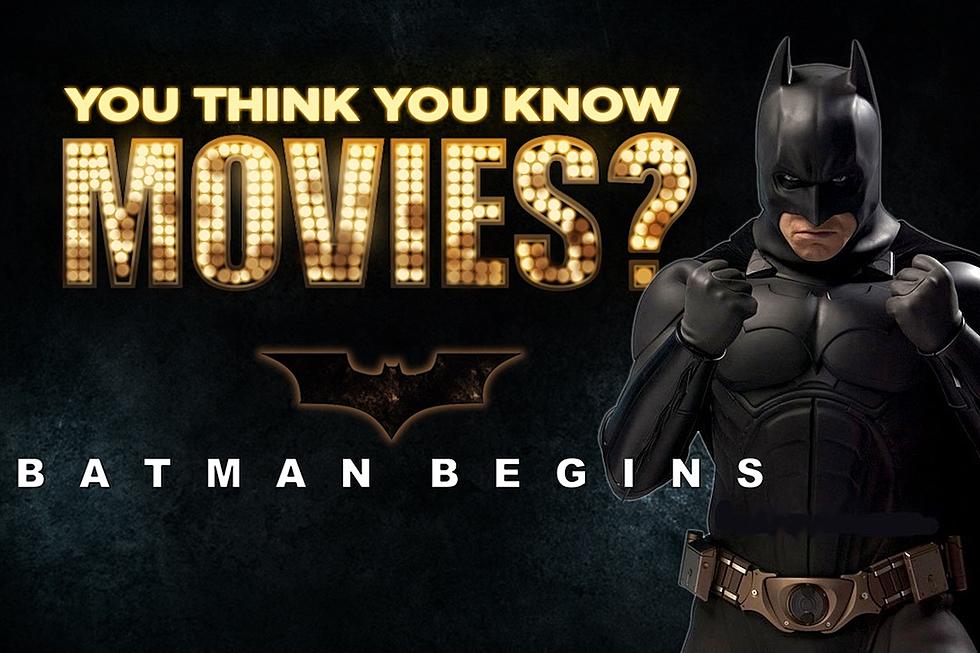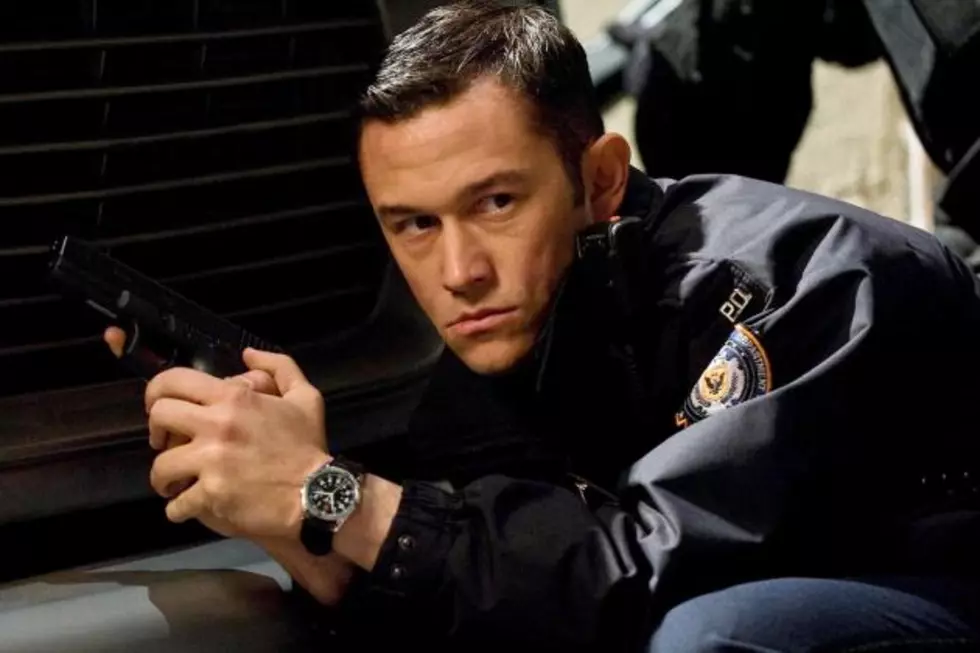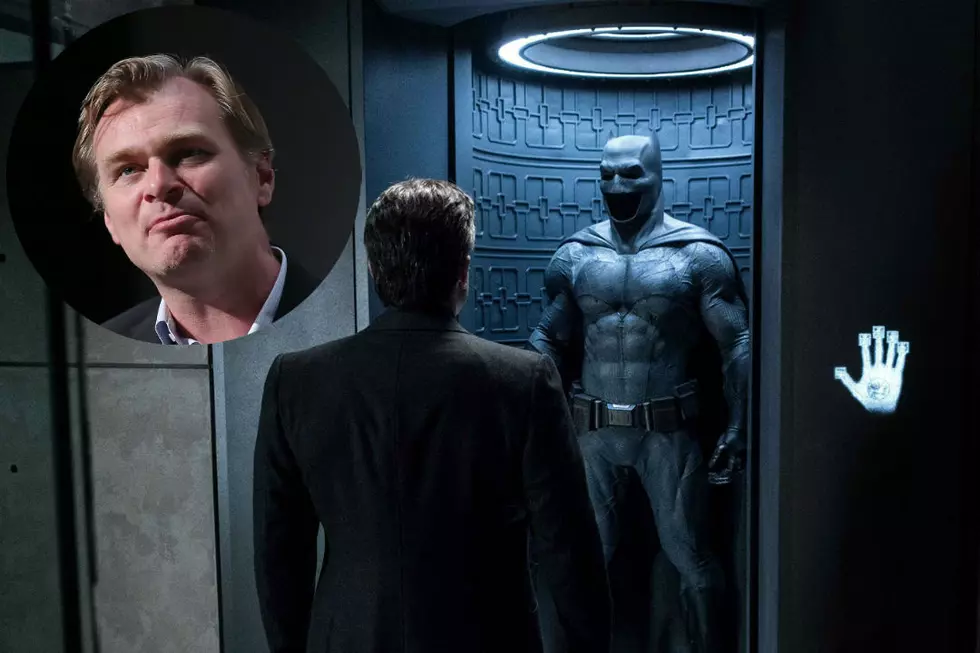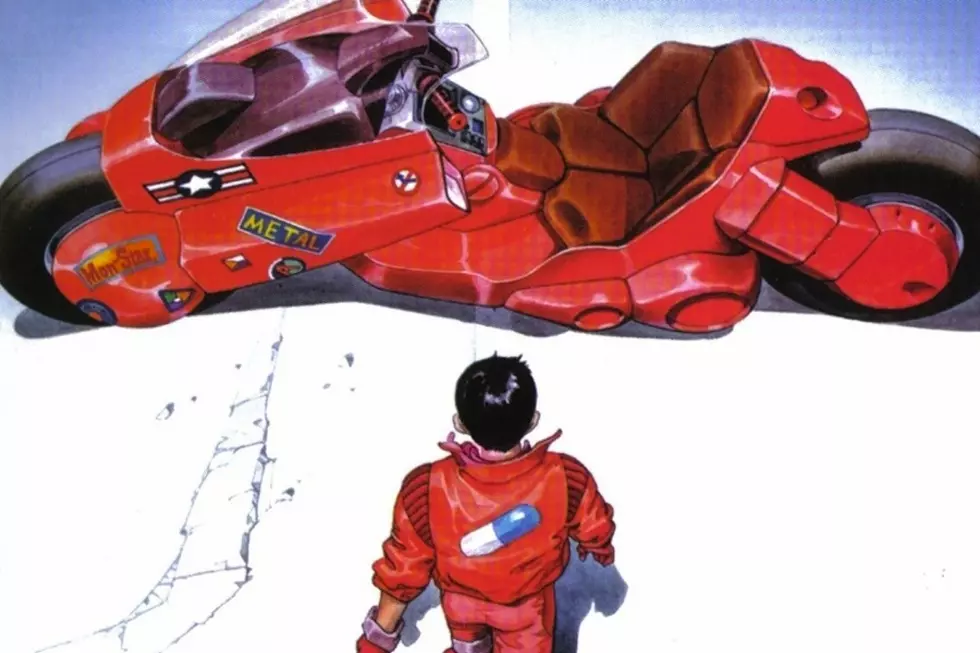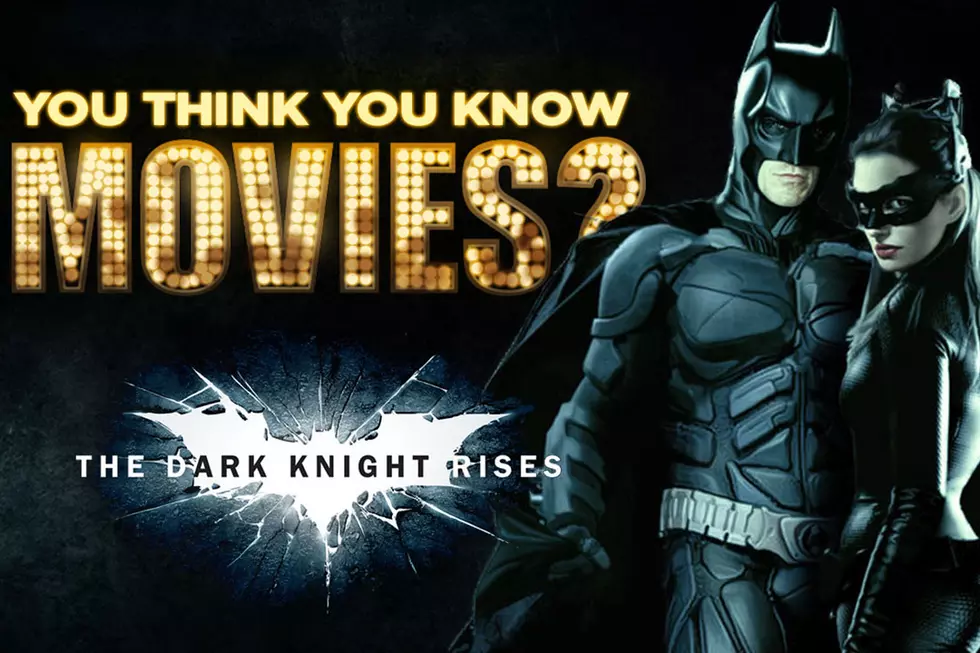
Dream Thieves: What Comics Should Learn to Fear about ‘Inception’

Christopher Nolan's recent movie "Inception" has been called a puzzle-box, a brain-twister, and a "Kubrickian masterpiece." It is none of these things. It is a straightforward heist movie with a fantasy twist, in which every plot point is explained at length in direct exposition, usually at least twice. It's a better-than-horrible adventure film that fills the time it takes to project pleasantly enough and then quickly unravels in the light of day with even the slightest application of critical thought.
It is also, unknowingly, a pitch-perfect metaphor for (1) its own failings, (2) the failings of Hollywood, and (3) everything the world of comics has to fear from the world of film.

The plot of "Inception," in quick summary in case you haven't seen it yet or haven't read eleventy-billion spoiler-filled blog posts already: Leonardo DiCaprio is the leader of a team of thieves who invade people's heads while they sleep and create elaborate dream worlds as ruses to trick their victims into giving up the secrets stored deep in their brains. The team takes on The Hardest Job They've Ever Done, complications ensue, fights occur, things blow up, and then there's an ending. It all doesn't amount to that much more than an exercise in plot mechanics, except that, by accident, it does. As follows:
(1) Its own failings.
"Inception" is no better or worse than any other serviceable adventure movie, but it suffers from its choice of subject matter. By declaring loudly that it is about dreams, the film calls direct attention to its own paucity of imagination. The settings in Inception do not function like dreams. In dreams, sounds and images shift and meld, people and places have more than one identity at once, and your subconscious suprises you with symbols that carry double, triple, or no meanings at all. In Inception, the dream worlds are like video game maps, with secret passages and floor plans. Everything is painfully literal, and dull as dishwater.
During one sequence, DiCaprio's character spends decades building one dream world out of his utmost fantasies, and comes up with nothing more interesting than a series of sleek high-rise buildings just like ones he admired in real life. It's a perfect expression of the cipher his character is, the cliched "One Last Job and I'm Out" master operator of dozens of heist and con-artist films gone before. You can almost see DiCaprio's character as a stand-in for Nolan as a filmmaker: a crafter of dreams who once had a good idea, but given an infinite canvas he opts for a cleanly-lit, well-organized survey of ground already covered.

In "Inception," one character is fending off enemies with an assualt rifle; another character implores him to "dream bigger"... and pulls out a grenade launcher. It's a gag bit, but it serves as the perfect encapsulating metaphor for the barren landscape of big-budget Hollywood films. Hundreds of millions of dollars flow into making virtually anything appear on a movie screen through the wonders of special effects, enough to give even the most improbable visions substance, and what are those dollars spent on? Bigger guns. More impressive explosions.
Throughout the film, characters are warned not to shake things up in the dream world too much, lest they tip their hand to the sleeping target. Don't do anything too weird, don't draw attention to yourself, or the teeming masses populating the dream will turn on you and rip you to shreds. Every time a character was warned against being too flashy, I thought of article after article I read in the run-up to "Inception"'s release that worried whether Nolan would "lose the audience," or whether Inception might end up being "too smart for the room." Again and again this theme sounded in the pre-release press, and there it was running through the film.
In dreams we often see recurring symbols of our deepest anxieties, and clearly Hollywood's is that the great mass audience will turn on them if they try too hard, if they act too smart, if they make people feel challenged or confused. The best thing to do is to not expect too much of the audience, to reassure them and over-explain things, and to make sure to throw in a half-clever twist so that the mass walks out of the theater feeling smart. Given that the most frequent compliment to "Inception" I've heard is that "it never loses the audience," their strategy seems to have found fertile ground.

(3) We know he directed Batman and all, but what does this have to do with comics?
Comics and Hollywood have entered the heavy-petting phase of their relationship, and it's worth taking a moment to step back and observe what Hollywood truly strives for. Because make no mistake, "Inception" is a quintessential glimpse into the world of big-budget film. It is Hollywood speaking through Christopher Nolan to expound its ultimate statement of artistic principles: when told to dream bigger, just think up a better gun and a more convoluted way to say what your predecessors have already said in order to seem like you're saying something new. Don't change too much. Don't risk the audience turning on you. Just blend in, trick your marks out of their money, and disappear before the lights come up and they realize what happened while they were asleep.
Over the last decade, there's been a fractured but widespread push to make American comics more like film. Cinematic storytelling has always loomed over comics as an influence, but from 2000-2010 it became more and more pervasive. Younger creators looking to distance themselves from the embarrassing history of superhero comics marketed their comics as "paper movies" in an attempt to align themselves with a more acceptable-for-adults popular visual medium in the minds of potential readers. Major comics companies saw more and more properties successfully go through film production and became eager to produce the next wave of trademarks for sale. Think: how many times have you heard the phrase "Comics are ready-made storyboards" in the last ten years?
Every time you see mediocre new comics with some celebrity's name over the title, every time you see laboriously photo-referenced art pre-casting popular actors as characters, and every time you read a comic that feels like someone's failed movie pitch, remember: these are the conscious and subconscious effects of becoming Hollywood's farm team, and they should be fiercely guarded against. The reduction of comics to motionless cinema is a mental disease borne of self-loathing and envy, and should be resisted at every level, fought off like a thief you find poking around in your head in the middle of the night, pilfering your favorite dreams.

Excerpt from the rather clumsy Inception tie-in comic book.
More From ComicsAlliance

